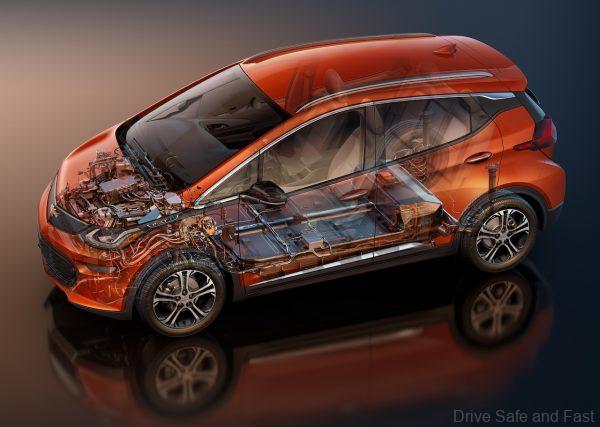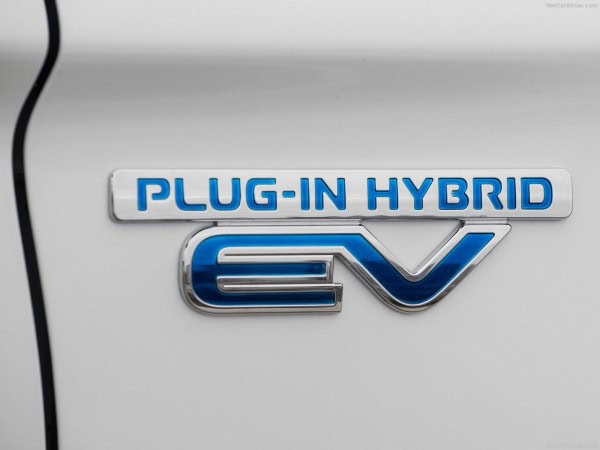There are still many people who do not really understand EV terms
Understanding electric vehicle (EV) terminology is more difficult than it needs to be, because the language is not car specific. Terms such as horsepower (hp) and mpg are associated with petrol and diesel engines, but electric car terms such as amps, watts and volts have been used to describe everything from TVs and electric heaters to washing machines for years.

Fact, hybrid electric, plug-in hybrid electric and fuel cell electric vehicles are ideal for longer journeys and we think that battery electric vehicles are best suited to short, low-speed journeys in towns and cities. Compact, zero-emissions vehicles powered by batteries that are quick to recharge can improve air quality and ease traffic congestion. They are quiet, easy to drive and have low running costs, making them perfect for commuting journeys or as delivery vehicles.

With advances in technology and changes in society, the way people and goods travel from point A to point B on the road is evolving drastically. In general, cars and other vehicles are becoming increasingly efficient, cleaner, automated and connected.
More and more people are open to car-pooling, car-sharing and ride-sharing. As demand for mobility rises, the transport network grows and becomes increasingly congested. Along with these trends, electric vehicles (whether hybrid or all electric) are also gaining in popularity.
So, we also understand that many of you are having difficulty in understand the many NEW terms that are being used by the automotive writers in explaining this new varied range of vehicles.





So here below is a simple list explaining it as easily as possible.
- Battery electric vehicle (BEV): a vehicle powered solely by an electric motor and a plug-in battery
- Electric bike (e-bike): an electric power-assisted bicycle using a battery pack and a motor.
- Electric mobility: the use of vehicles that are powered by one or more electric motors for propulsion (‘electromobility’ or ‘e-mobility’)
- Fuel-cell electric vehicle (FCEV): a vehicle that runs on electricity using hydrogen from an on-board tank that is combined with atmospheric oxygen
- Hybrid electric vehicle (HEV): a vehicle that relies on a conventional combustion engine as its main source of energy, but uses an electric motor and battery as a complementary power source
- Plug-in hybrid electric vehicle (PHEV): a vehicle that is powered by a combination of an electric motor and a plug-in battery, on the one hand, and an internal combustion engine, on the other, allowing these to work either together or separately
- Range-extended electric vehicle (REEV): a vehicle powered by an electric motor and a plug-in battery. The auxiliary combustion engine is used only to supplement battery charging.
We hope that you keep this information handy as the electric vehicle is coming, like it or not and the above terms and more will be the ‘new norm’.